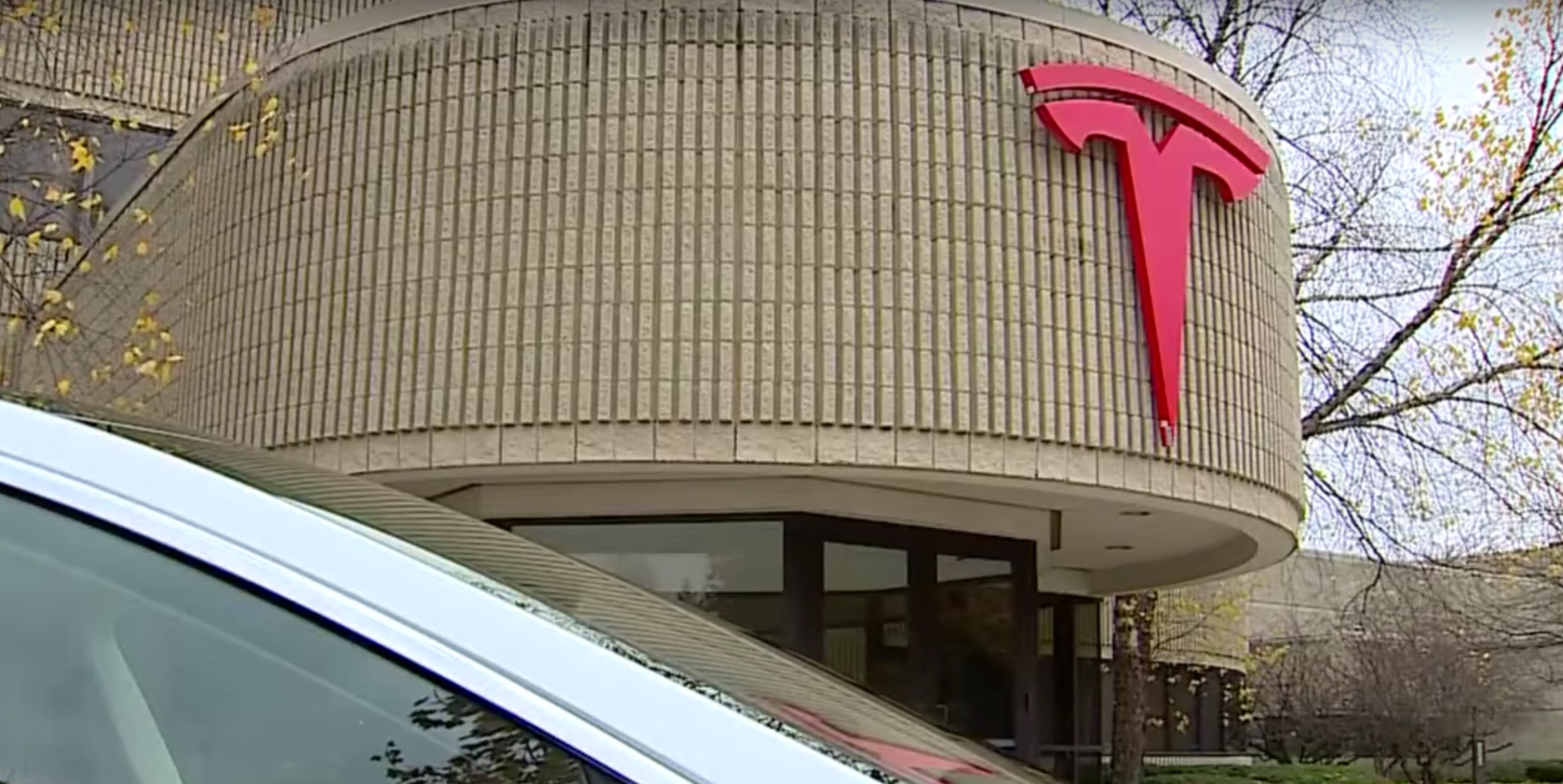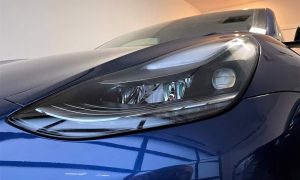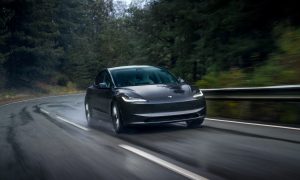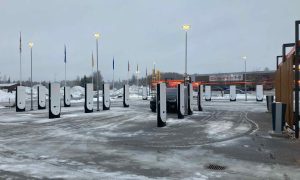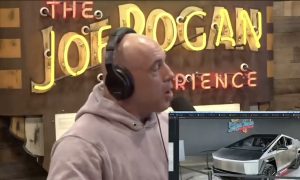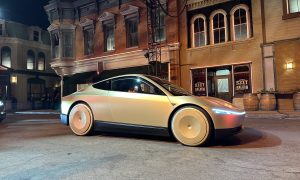The case over Michigan’s ‘Anti-Tesla law’ will be dragged out well into 2018 as both sides are expected to provide a list of expert witnesses next month, and the pre-trial “discovery” phase is predicted to take months.
A lawsuit of this magnitude has the potential to set national precedent in commerce and trade regulations as Tesla continues to defend its business model relying strictly on hype and word-of-mouth.
“Any type of lawsuit like this — whether you win or lose — establishes a precedent,” said David Cole, chairman emeritus of the Center for Automotive Research in Ann Arbor in an article published in The Detroit News. “It’s hard to change the direction of that. It’s a big deal.”
As Model 3 sales begin to roll out, the law is stifling business in a state where car manufacturing is the largest industry.
The law bars Tesla from practicing its direct-to-consumer distribution model. New auto sales can only be conducted by franchised auto dealerships, which Tesla claims discriminates against out-of-state interests and is an unconstitutional infringement on their preferred business model.
Tesla is currently finding ways around the law — consumers can order their Teslas online but they have to pick them up in neighboring states like Ohio or Illinois.
In Detroit, affectionately referred to as “Motor City,” the automotive industry is the largest industry and largest employer in the entire state of Michigan. Nearly 5 percent of Michigan’s workforce is employed by the auto industry and the industry accounts for $42.4 billion, or nearly 11 percent of the state’s total Gross Domestic Product.
It comes as no surprise that industry giants have powerful lobbyists working to further their agenda. Related political action committees have donated more than $1 million to state office holders since 2011, including all but two active legislators, according to the Michigan Campaign Finance Network as cited in the article.
Revisions were made to the legislation in 2014, but Musk and company are claiming that these revisions are “protectionist” and are aimed at maintaining the status quo of sales regulations.
Representative Aaron Miller (R-Sturgis), introduced legislation that would allow Tesla and other automakers to distribute directly to retailers rather than franchised dealerships, but the bill went nowhere. Miller is a fervent advocate for free-enterprise and is baffled by the states unwillingness to budge on the matter.
“For me it’s simply common sense,” said Miller. “Refusing any company’s style with protectionist laws is just not the right thing to do. I don’t care if it’s Tesla, a small startup…someone who wants to sell jeans or baseballs directly should not have this sort of barrier to be in the marketplace.”
In addition to the lawsuit, Tesla has also tried to subpoena any correspondence between lobbyists and state legislators containing communications regarding the 2014 amended law.
Tesla claims it subpoenaed the legislators because of a June 2016 statements to the company that it will “not be allowed to operate in Michigan because Michigan dealers and manufacturers do not want Tesla in the state.”
Legislators fought back with their claim that this subpoena is an attempt by Tesla to harass them for not submitted to Tesla’s demands.
A trial date has not yet been set.
Elon Musk
Tesla confirms rollout of critical feature, but Cybertruck misses out
Tesla’s S3XY lineup will get the Adaptive Headlights, but Cybertruck will not.
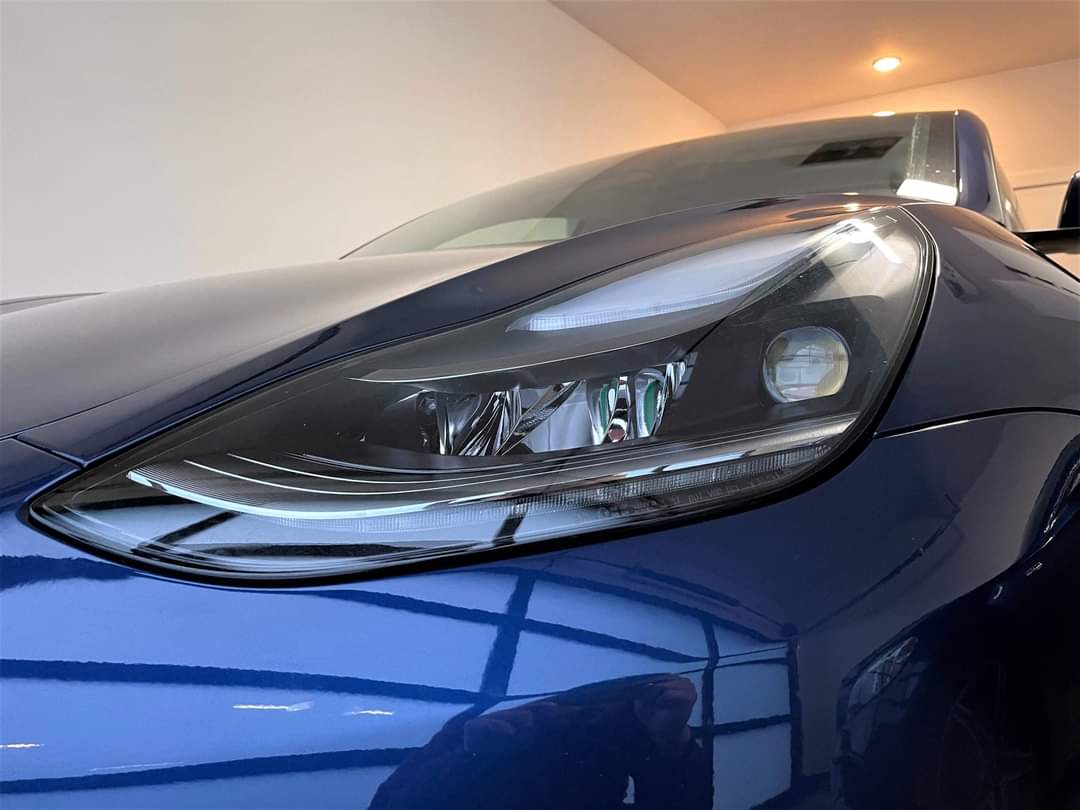
Tesla has confirmed the rollout of a new, critical feature that is coming to the United States for the first time.
However, the Cybertruck will unfortunately miss out on it.
Tesla has a distinct advantage among many automakers as their Over-the-Air updates make their vehicles better over time. While many automakers have the ability to roll out new features through these updates, Tesla has been shown to be one of the companies that can truly make things significantly better with their cars.
A new feature coming to the United States and now rolling out is Adaptive Headlights. This feature will be applied to Model S, Model 3, Model X, and Model Y vehicles with the proper hardware.
Adaptive Headlights are different than your typical auto highbeams in the way that they can dim certain pixels of the bulb to keep visibility for the Tesla driver high, while eliminating glare for those who are in oncoming cars:
🚨 Tesla’s Adaptive Headlights dim only select pixels of the bulb to increase visibility for all drivers, while keeping brightness at a maximum for you
Perhaps one of the coolest features around
— TESLARATI (@Teslarati) April 17, 2025
For the first time, Tesla is rolling out the feature to these vehicles in the United States. European Tesla owners were able to use the function several months back, but it was pending approval in the U.S.
At first, Tesla VP of Vehicle Engineering, Lars Moravy, said that the Cybertruck would have this feature. However, in late February, he confirmed that he was incorrect and the all-electric pickup will not have the ability to get Adaptive Headlights, as the company could not fit the correct hardware in the Cybertruck’s module:
@wmorrill3 is right – I was a little overzealous and my memory failed. S/X/3/Y have it – but those thin little headlight modules in CT, just couldn’t get it in there.
— Lars (@larsmoravy) February 28, 2025
The feature certainly makes visibility better for everyone on the road and will improve overall safety while eliminating the pesky and annoying feeling of being blinded by high beams.
The Adaptive Headlight feature for Tesla is part of the company’s Spring Update for 2025.
Elon Musk
Tesla Model 3 wins ‘most economical EV to own’ title in new study
The Tesla Model 3 has captured another crown in a recent study showing the most cost-effective EVs
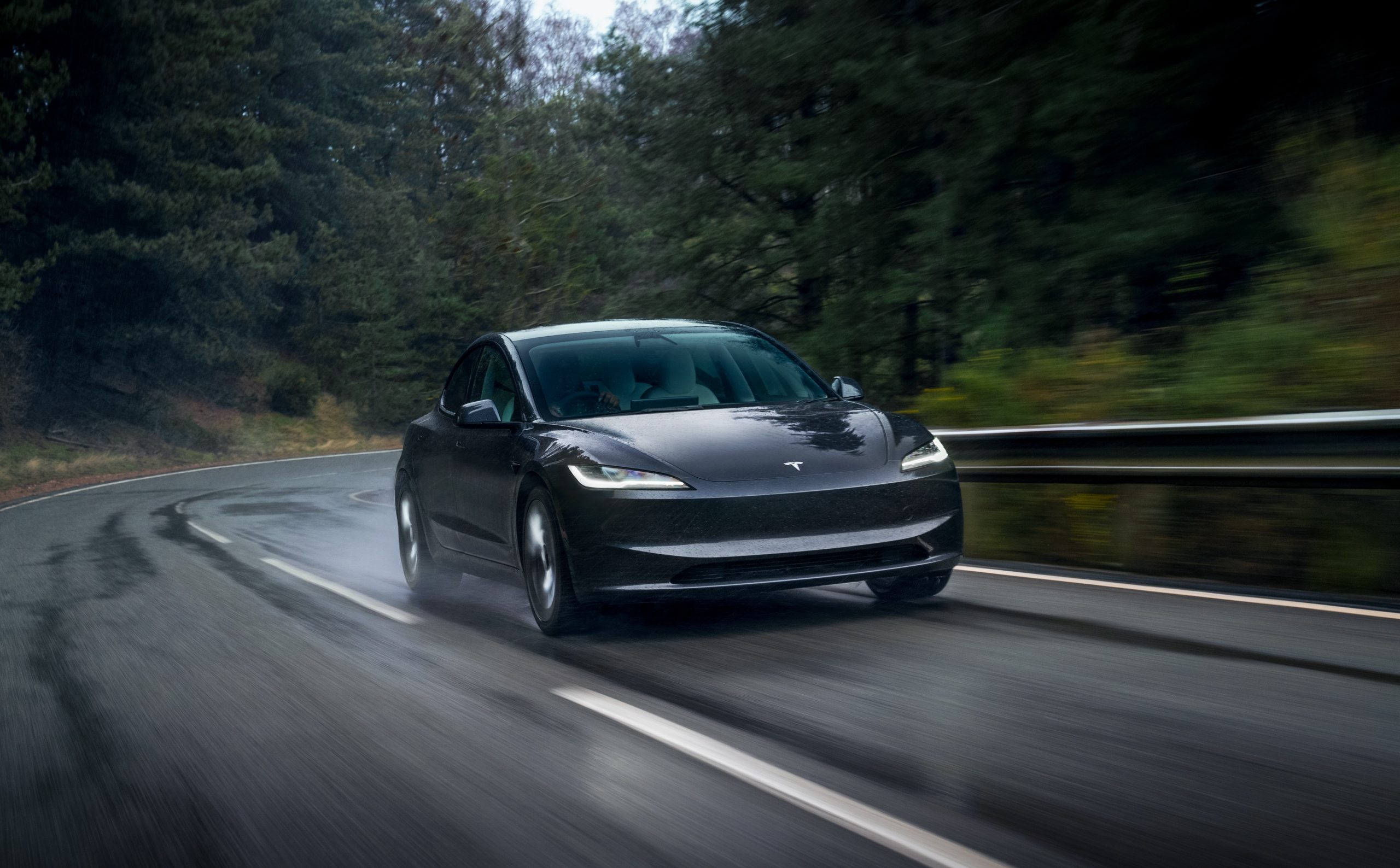
The Tesla Model 3 recently captured the title of “most economical electric vehicle to own” in a new study performed by research firm Zutobi.
Perhaps one of the biggest and most popular reasons people are switching to EVs is the cost savings. Combining home charging, lower maintenance costs, and tax credits has all enabled consumers to consider EVs as a way to save money on their daily drivers. However, there are some EVs that are more efficient and cost-effective than others.
Tesla police fleet saves nearly half a million in upkeep and repair costs
Zutobi‘s new study shows that EV cost-effectiveness comes at different levels. For example, some cars are simply better than others on a cost-per-mile basis. The study used a simple process to determine which EVs are more cost-effective than others by showing how much it would cost to drive 100 miles.
National averages for energy rates have been used to calculate the cost as they widely vary from state to state.
The Rear-Wheel Drive Tesla Model 3 was listed as the most economical vehicle in the study:
“The standard Tesla Model 3 is the most economical electric vehicle to drive in 2025. With a usable battery capacity of 57.5 kWh and a real-world range of 260 miles, it costs just $3.60 to drive 100 miles. That translates to an impressive 2,781 miles per $100 of electricity—making it the most efficient choice for EV owners nationwide.”
It had an estimated cost of just $3.60 to drive 100 miles.
The Tesla Model 3 Long Range All-Wheel Drive was second, the study showed:
“Next is the Long Range version of the Model 3, which offers extended range and dual-motor all-wheel drive. With a larger 75 kWh battery and 325 miles of range, the cost to drive 100 miles is slightly higher at $3.75, still equating to a strong 2,665 miles per $100.”
This version of the Model 3 had a price of just $3.75 to drive 100 miles.
In third, the BMW i4 eDrive35 surprised us with a cost of just $4.12 to drive 100 miles:
“Rounding out the top three is the BMW i4 eDrive35, with a 67.1 kWh battery and a real-world range of 265 miles. Drivers can expect to pay $4.12 per 100 miles, which still allows for 2,429 miles per $100—a solid choice for those seeking luxury and efficiency.”
Several other Teslas made the list as well. The Model 3 Performance ($4.34 per 100 miles) was sixth and tied with the Volkswagen ID.3 Pure, the Tesla Model S Long Range ($4.35 per 100 miles) was 8th, and the Tesla Model Y Long Range was ninth ($4.36 per 100 miles).
Elon Musk
Tesla offers new discounts on Cybertruck inventory
Tesla is knocking up to $10,550 off of Cybertruck units in inventory
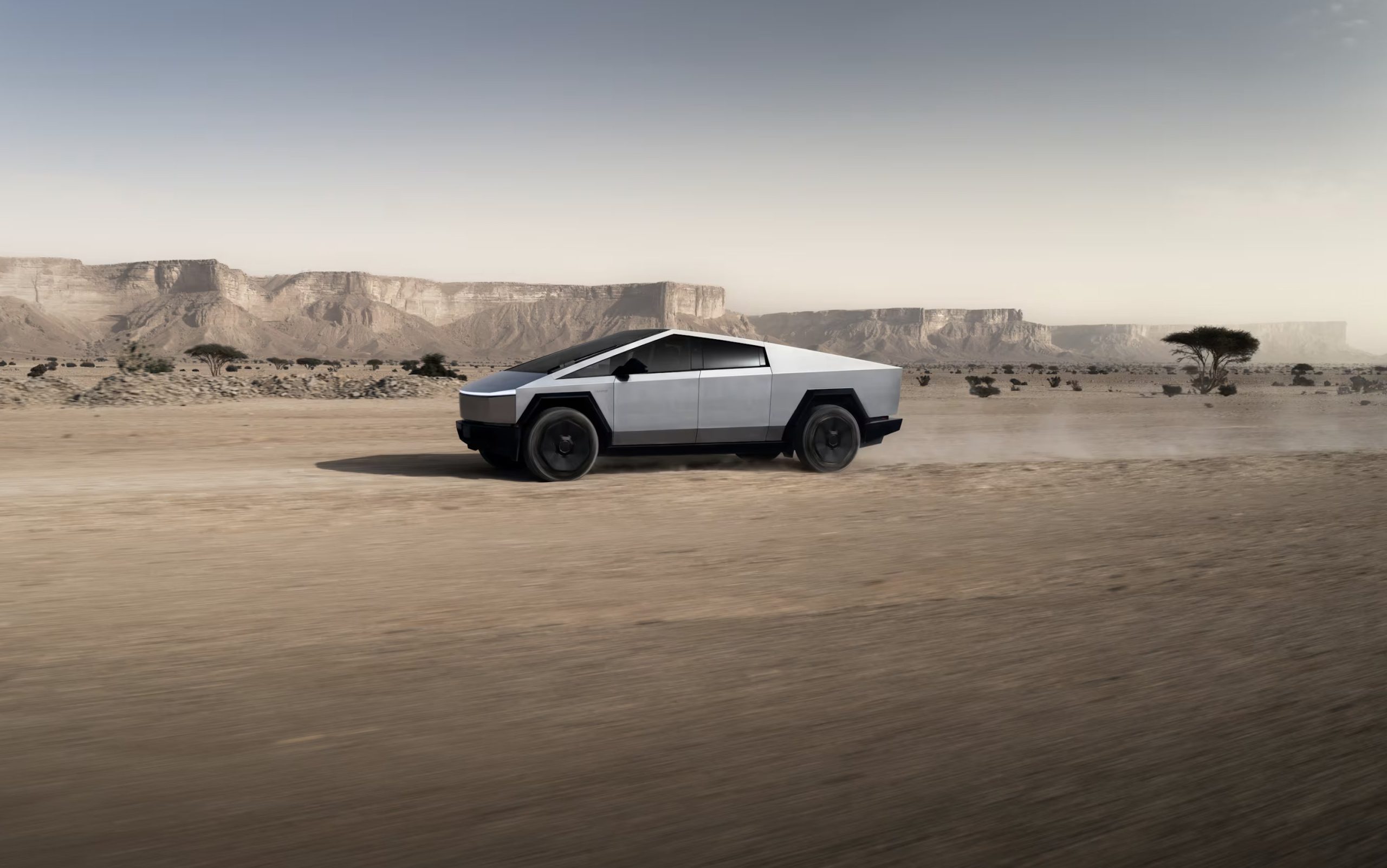
Tesla is offering new discounts on Cybertruck units in inventory, giving customers a chance to snag a unit of the all-electric pickup for a slight reduction in price. Some are even coming with additional perks to make the offer even sweeter.
Tesla is now offering up to $10,550 off of Cybertruck inventory units across the United States. This is up from previous discounts of $6,000 on inventory Cybertrucks, and it will apply to 2024 model year vehicles.
Non-Foundation Series Cybertrucks are getting up to $10,550 off of their original prices, while Foundation Series pickups are getting up to $10,000 off. These are great deals and should help clear out some inventory from last year’s models.
Additionally, Foundation Series Cybertrucks purchased will receive free lifetime Supercharging, another great addition to make the deal even better than the $10,000 off.
NEWS: Tesla is now offering new Cybertruck inventory discounts in the U.S. of up to $10,550 off, up from $6,000 before.
• Non-Foundation Series (2024 model year): Up to $10,550 off
• Foundation Series (2024 model year): Up to $10,000 offAnyone who purchases a new Cybertruck… pic.twitter.com/8oGT6R2DDp
— Sawyer Merritt (@SawyerMerritt) April 17, 2025
The move comes as Tesla is still ramping Cybertruck production and is hoping to stimulate some additional demand for the vehicle, as it is holding on to these units. These are not Demo Drive units that have been driven by any number of people who were looking for a quick test drive.
Tesla launched a new configuration of the Cybertruck just last week with the Long Range Rear-Wheel-Drive, which undercuts the All-Wheel-Drive option by roughly $10,000.
Tesla released the Cybertruck RWD to make the AWD look like a deal
However, Tesla stripped the vehicle of several features, including Air Suspension, a tonneau cover, and interior features. For example, the Rear-Wheel-Drive trim of the Cybertruck has textile seats and no rear touchscreen, two things that come standard in the other trim levels.
The Cybertruck is the best-selling electric pickup in the United States, outperforming formidable competitors like the Ford F-150 Lightning and Chevrolet Silverado EV. However, Tesla is still working to get the vehicle to a lower price point that makes it more accessible to consumers, as its current pricing is a far cry from what was intended.
-
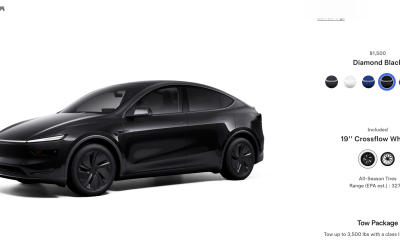
 News2 weeks ago
News2 weeks agoTesla rolls out new, more affordable trim of the Model Y Juniper in U.S.
-
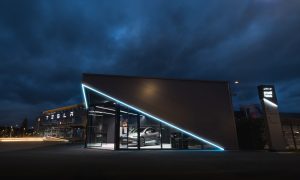
 Elon Musk2 weeks ago
Elon Musk2 weeks agoTesla Germany reports 4,935 units sold in Q1 2025
-
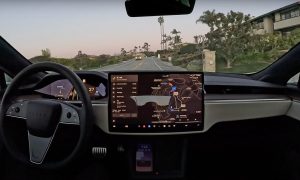
 News2 weeks ago
News2 weeks agoTesla expands Early Access Program (EAP) for early Full Self-Driving testing
-

 News2 weeks ago
News2 weeks agoTesla celebrates key milestone for 4680 battery cell production cost
-
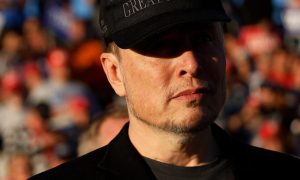
 News2 weeks ago
News2 weeks agoElon Musk will continue as DOGE adviser: VP Vance
-
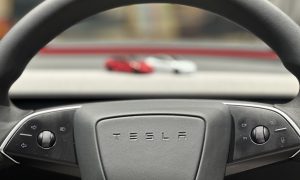
 Investor's Corner2 weeks ago
Investor's Corner2 weeks ago“Nothing Magnificent about Tesla (TSLA),” claims Jim Cramer
-
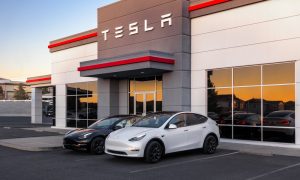
 Elon Musk2 weeks ago
Elon Musk2 weeks agoThis Tesla vandal caused thousands in damage, but she was let off the hook: Here’s why
-
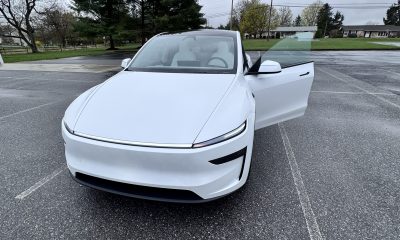
 News1 week ago
News1 week agoI took a Tesla new Model Y Demo Drive – Here’s what I learned

